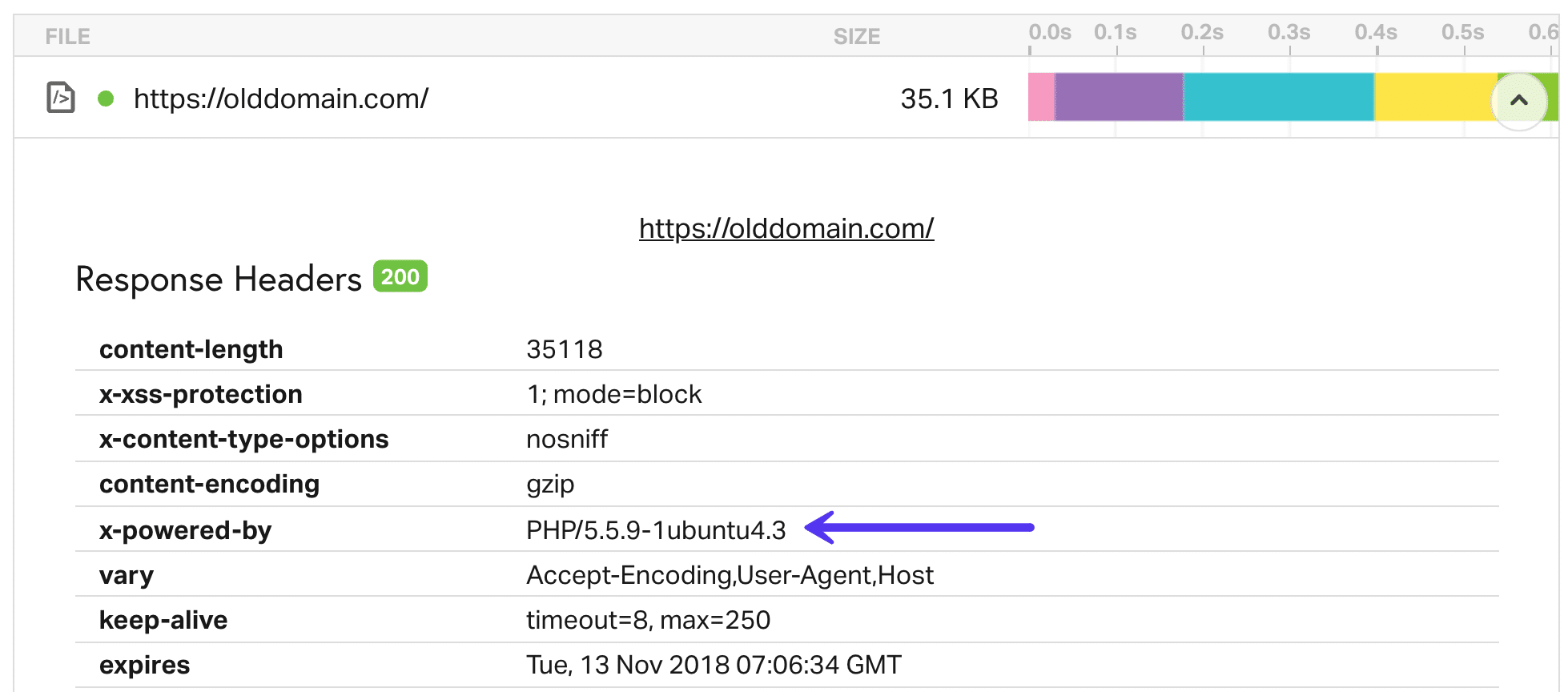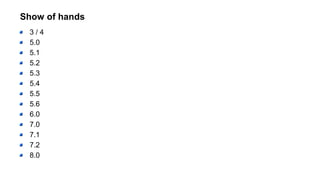

Both versions make up over 50% of the current worldwide PHP usage. And with PHP 5.5 being available even at the cheapest of web hosts, there is no excuse for anyone to still be running PHP 5.3 or 5.4. Simply put, everyone should look at upgrading to PHP 7. In a worst case scenario where you or your host lack the skills to make things compatible, you can always downgrade your PHP version. Any problems are likely to be temporary, and this potential cost does not outweigh the gains of upgrading.
#UPGRADE PHP 5.2 TO 5.4 CODE#
Myth: Upgrading to a newer version of PHP will break my web site.įact: While it is wise to check compatibility before upgrading, bringing old code up to speed is not difficult or time consuming. But we have seen this cause temporary issues on budget hosts until they resolve the discrepency. You can resolve that if it arises through their support systems, as it’s probably something they just missed. Your web host’s PHP versions may have different environments and PHP module availability. For complex add-ons, it may need a few hours to change and test. For most add-ons there will be anywhere from zero changes to a few minutes of work. Even on an app as large as ExpressionEngine, getting compatible took less than a week, with the bulk of the work taking less than a day. It does have a few backwards incompatible changes, and some deprecations that will generate PHP error messages. You need to check to make sure the add-ons you are running, whether from third parties or built in-house, are compatible with PHP 7. CompatibilityĬompatibility concerns should lead you to take stock of your implementation before upgrading to PHP 7. They use a fraction of the memory and run twice as fast or greater. Myth: Updating to a newer version of PHP won’t make a significant difference if your code works in older versions.įact: Newer versions of PHP are tremendously faster and more efficient than older ones. And look how terrible by comparison PHP 5.3 and 5.4 are when you aren’t using an opcache. Likewise with transactions per second, no two sites are alike, so I’m just showing the amount of increase. But the ratio of reduction will be pretty consistent. These tests are specific to ExpressionEngine, and memory usage will vary from site to site. Our hope is that these two charts will help those on PHP 5.3 see that it is a real problem. This has influenced our minimum requirement to remain low (5.3.10). Sadly, we see 20–30% of ExpressionEngine installs still running PHP 5.3. As someone who cares about the environment, think of the energy and resources you’re consuming running applications on older versions of PHP. As a business owner, think of the money you’re wasting by hesitating to upgrade. As a developer, think of how much slower your apps are by running older versions of PHP. In theory, you could turn off half the servers in your data center.

Rasmus Lerdorf, founder of PHP, recently talked about that gain from an interesting perspective: In general, applications can get an average of 100% increased performance by moving to PHP 7. We think the results speak for themselves. You can find many articles and comparisons from web hosts and the PHP community in general about the improvements in PHP 7. Myth: Web hosts don’t offer newer versions of PHP.įact: Even on the cheapest budget hosting, PHP 5.5 is available at minimum, and many if not most support PHP 7. Go further to PHP 5.5 and you can even add GoDaddy and HostGator to the list.
#UPGRADE PHP 5.2 TO 5.4 FREE#
PHP 7 is not yet the advertised default on many hosts, but plenty have it available as an optional free upgrade.ĭropping down to PHP 5.6, you can add dozens of other hosts to the list. Step one is to just ask, or check your host’s FAQs. InMotion Hosting, SiteGround, Media Temple, GreenGeeks, 1&1, Namecheap, and Dreamhost to name just a few. But PHP 7 is available at quite a few more hosts than you might expect, and not just boutique hosts. Our hosting partner Nexcess offers PHP 7, on environments tuned for ExpressionEngine. The latest release of PHP at the time of this blog post is 7.0.5.
#UPGRADE PHP 5.2 TO 5.4 UPGRADE#
Now that both ExpressionEngine 3 and ExpressionEngine 2 are compatible with PHP 7, you may be wondering whether it’s worth the trouble asking your host to upgrade PHP.


 0 kommentar(er)
0 kommentar(er)
